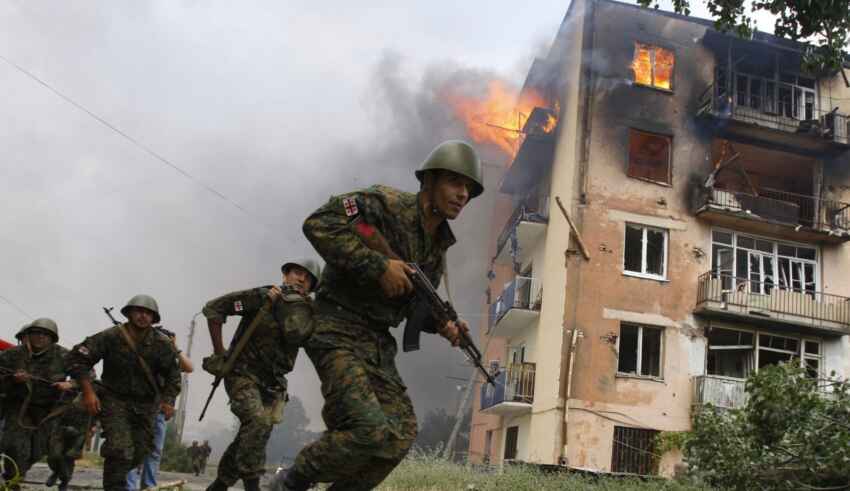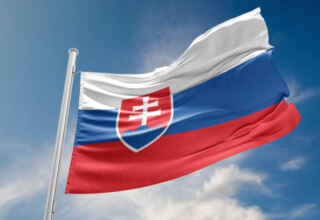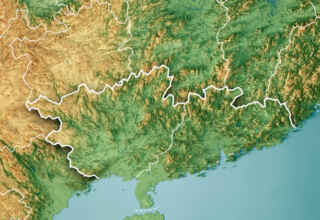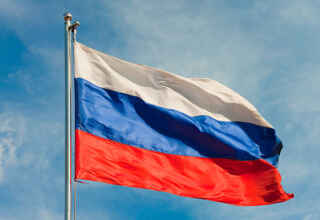
The Russian invasion of Ukraine is the event that marked 2022 like no other. The declaration of war by the Russian president shocked the world and pushed it (especially the West) into a new order and redistribution of power. The invasion was characterized as a follow-up to the invasion and annexation of the Crimean Peninsula a few years ago. Indeed, the two invasions have common points, but the one that acted as “the green light” for the geostrategy that Russia would follow towards the former Soviet countries, with which it borders, was the invasion of Georgia.
In August 2008, Russia invaded Georgia, specifically the northern regions of Abkhazia and South Ossetia, marking the first war in Europe since the end of the Yugoslav wars. The collision between the two countries did not last long, in just 5 days the war ended with Russia being the beneficiary of the conflict. The impact of the conflict between Russia and Georgia, yet 13 years later, still affects us and plays a role in shaping the geopolitical chessboard. The international community at the time did not pay the necessary attention to the Russian invasion of Georgia, which resulted to make the consequences -that Moscow had to manage- minimal.
Experiencing an unprecedented situation in the post-Cold War era, EU leaders were calling for a peaceful resolution of the situation, but indirectly their position was helping the Russian interests in the region. On the other hand, the USA with President Obama in their leadership was aiming to restart their relations with Putin’s Russia, so they chose to keep a distanced position. In this way, by not having a practical support from the West, Georgia had capitulation as the only solution. Despite reaching a truce, Russia managed to get what they wanted, the control of the two regions in Georgia. Since then, they have continuously violated the ceasefire by shifting the conflict line further south. Mr John Herbst (Director of Eurasia Center, Atlantic Council) mentioned that “Moscow applies this lesson in Georgia today as it regularly moves the demarcation line between South Ossetia and the rest of Georgia a few meters further into the country.
The reluctance of the West to clash with Russia interpreted by Moscow as the green light to implement its new geopolitics in the surrounding areas. In contrast to Washington, which extended their military presence to all corners of the Earth, Moscow mainly aimed to control the surrounding areas by political means and when this was no longer possible by military means. A few years after the “5-day war” and having tested the reaction of the West, Russia proceeded to invade Crimea, intensifying their military campaign in the region. The invasion in the rest of Ukraine seemed like a natural consequence.
The invasion of Georgia should have been an alarm clock to the international community. The similarities presented by the three military conflicts, combined with the upgrading of Russian military power in each of them, make it clear that it is not a simple coincidence but a well-thought-out plan that evolves over time. The Europeans and the US, unable to see the bigger picture, gave Moscow the freedom to act in its surrounding area. The outcome of the Ukrainian war will not only affect the two countries directly involved but will also have a huge impact on the future of Georgia. An impact that will either be an opportunity to resolve the 13-year conflict with Russia or intensify it. The EU, which has been increasing its presence in the Caucasus country in recent years, would be wise to consider the outcome of Georgia’s future and to prioritize accordingly.
By The European Institute for International Law and International Relations.












